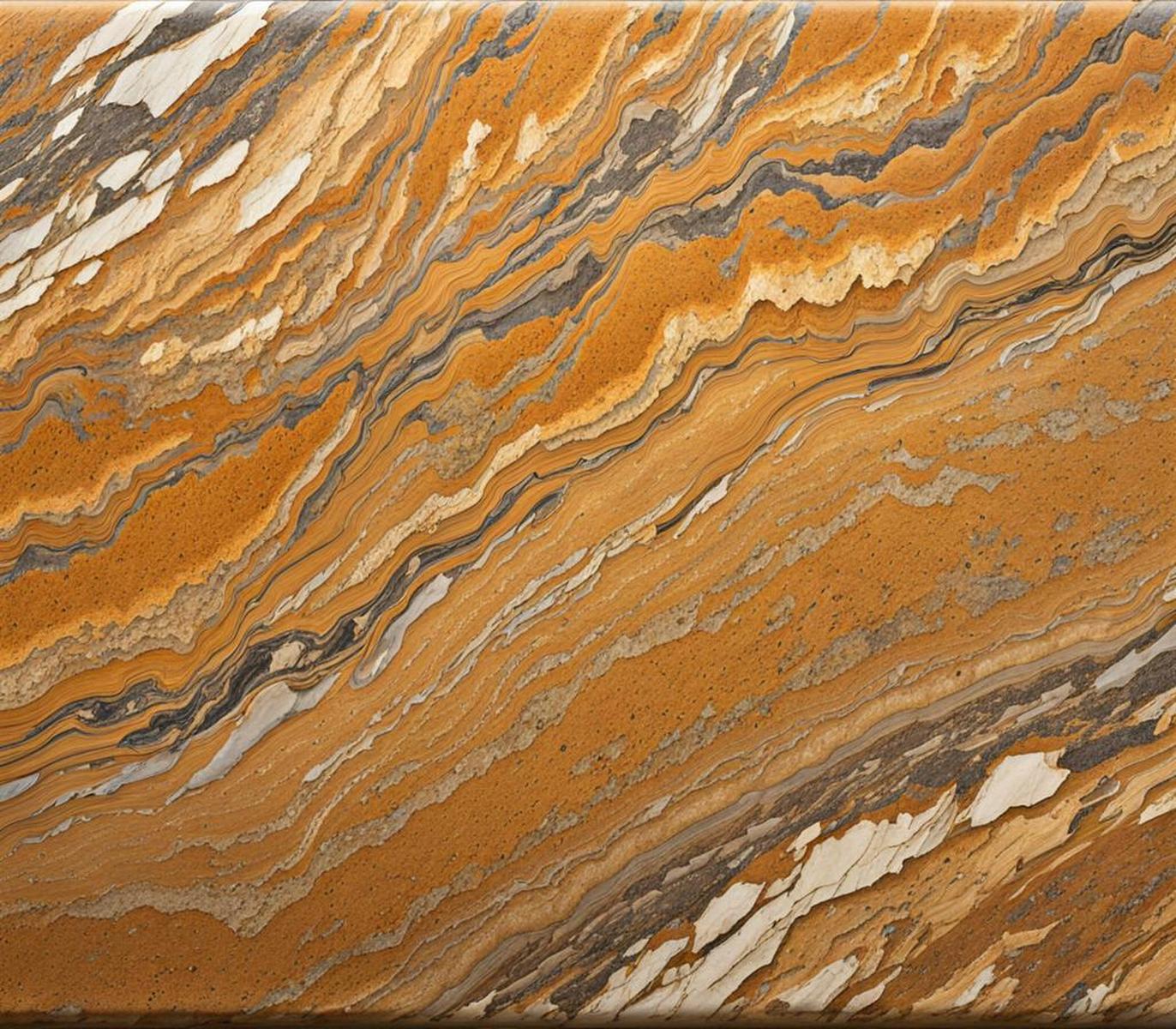When it comes to choosing granite countertops, one of the most important yet often overlooked factors is thickness. The right thickness can impact everything from cost and durability to aesthetics and ease of installation. So how do you determine the ideal thickness for your next granite countertop project?
Let’s dive in and get the inside scoop on picking the perfect granite thickness!
What is the Standard Thickness for Granite Countertops?
Granite countertop slabs are typically available in thicknesses ranging from 0.75 inches (2 cm) up to 1.5 inches (4 cm). However, the most common standard thicknesses used for kitchen and bathroom countertops fall between:

- 0.75 inches (2 cm)
- 1.25 inches (3 cm)
In general, 0.75 inch slabs offer cost savings, while 1.25 inch options provide maximum durability. Let’s look at a quick comparison of pros and cons:
| Thickness | 0.75 inches (2 cm) | 1.25 inches (3 cm) |
|---|---|---|
| Cost | More affordable | Higher price |
| Durability | Prone to chipping | Very durable |
| Appearance | More translucent | Opaque, bold veins |
What Factors Impact the Ideal Thickness?
While 0.75 – 1.25 inches covers the standard thickness range, the ideal thickness for your project depends on several factors:
Application and Location
Kitchen countertops often benefit from a thicker 1.25 inch slab to stand up to heavy usage and liquid spills. Bathroom vanity tops can get away with 0.75 inches if budget is a main concern. Thicker islands and outdoor kitchens provide maximum durability.
Overhang Length
The further your granite overhangs beyond the cabinet or support, the thicker it should be. A 0.75 inch slab can only support an overhang up to around 10-12 inches, while 1.25 inches allows for overhangs extending 15-18 inches without reinforcement.
Aesthetics and Lighting
Thinner granite lets more light through, creating a rich, translucent glow. Thicker slabs have a more solid, opaque appearance that showcases dramatic veins. Lighting design should factor into ideal thickness.
How Does Thickness Influence Durability?
One of the biggest factors affecting countertop longevity is thickness. Granite thickness impacts:
- Resistance to Cracking/Chipping: Thicker slabs are less prone to damage from dropped objects and bumps.
- Stain Resistance: Increased thickness means lower porosity and water absorption.
- Wear Over Time: Thicker granite better withstands years of slicing, dicing, and dishwashing.
- Maintenance Needs: Thinner counters may require more frequent sealing to prevent stains.
While thinner 0.75 inch slabs offer cost savings up front, the long-term durability of 1.25 inches often justifies the investment.
Installation and Fabrication Considerations
Installing granite countertops takes skill, precision, and muscle. Thickness impacts the process in a few key ways:
- Thinner slabs are easier to cut and shape.
- Thicker material requires heavy duty support structures.
- Seam placement must account for thickness and flatness.
- Specialized tools and experience may be needed for thicker granite installation.
Be sure to consult your countertop pro to plan for proper fabrication and installation based on slab thickness.
Shopping Tips for Choosing Granite Thickness
When selecting a granite slab for your project, keep these tips in mind:
- Verify thickness of specific slabs being considered.
- Confirm minimums – some fabricators won’t install below certain thicknesses.
- Ask your provider for thickness recommendations based on your goals.
Taking the time to evaluate thickness needs will ensure you get the perfect granite countertop that lasts for years to come.
Finding the ideal granite thickness requires balancing durability, aesthetics, overhang needs, and your budget. While 0.75 – 1.25 inches covers the standard thickness range, most kitchen countertops benefit from a full 1.25 inches to provide strength, stain resistance, and long-term performance.
Be sure to consider how thickness impacts cost, fabrication, and installation as well. And don’t forget about appearance – thinner slabs have a rich, translucent glow that thicker materials can’t match. Taking the time to weigh all the factors will ensure your new granite countertops withstand the demands of your home for decades.
